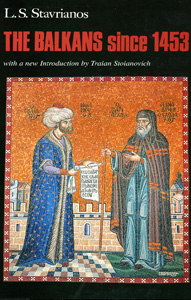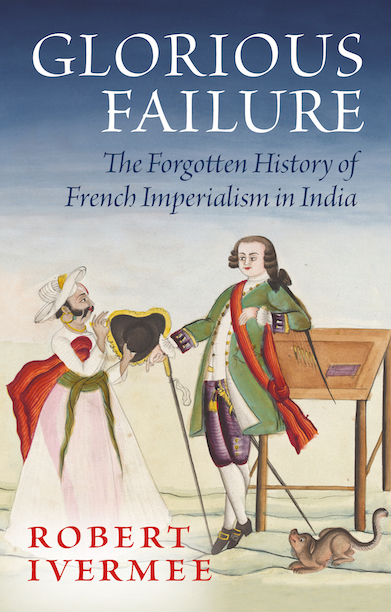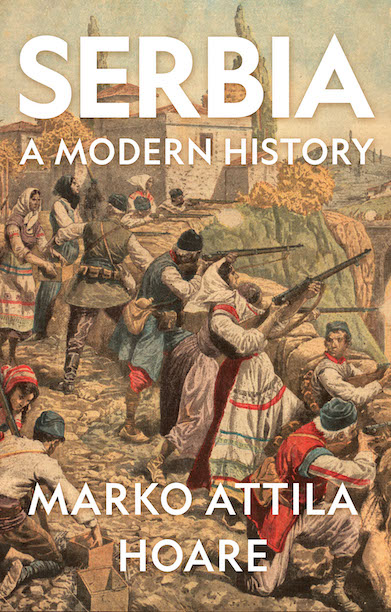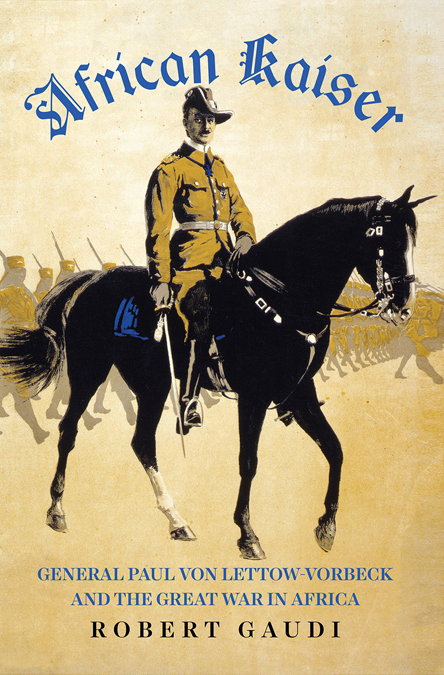Description
This work aims to synthesize literature on Balkan topics since World War I, and demonstrate the importance of Balkan history by examining it in the context of European and world history. It uses imperial and local approaches, providing national histories as well as contextualising the subject.
Reviews
‘It is a pleasure to see the reissue of L.S. Stavrianos’ The Balkans Since 1453. This monumental book, first published in 1958, has served as an eminently useful corrective against all sorts of imbalance and partiality, that have hindered the study of the subject, [and entirely deserves the praise lavished on it over the past forty years]. It remains to this day a towering achievement, and a masterly work of synthesis. Its reappearance in the bookshops was long overdue, and the publisher deserves credit not least for offering a nicely produced paperback edition. […] Stavrianos has woven a rich and colourful tapestry made of many different threads, and gives full weight to the internal and external forces that shaped the history of the Balkans over 500 years.’ —Dimitris Livanios, Anglo-Hellenic Review
‘Virtually every scholar and teacher of Balkan history and civilization today began training with Stavrianos’ seminal work. Not only was it the principal work of synthesis for several decades—in a field which sorely lacked synthesis—but more significantly, it was, and remains, of considerable value because of its extensive coverage, clear organization, depth of analysis and readability. The Balkans Since 1453 has not only stood the test of time but remains the defining general work in the study of Balkan civilization.’ — Bernd J. Fischer, Indiana University
‘Stavrianos embraces both the world and a comparative approach to history and society. The Balkans Since 1453 represents an itinerary in world history. It provides readers with a view of time and space from a Balkan perspective but also with a vision of how to look at other regions of the world, and how to perceive the world itself as a unit composed of diverse spatial, temporal, and cultural components.’ — Traian Stoianovich, from the introduction
Author(s)
Until his retirement, L.S. Stavrianos was Professor of History at Northwestern University. He is the author of more than twenty books, including Global History, now in its 8th edition.






